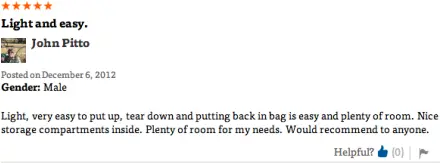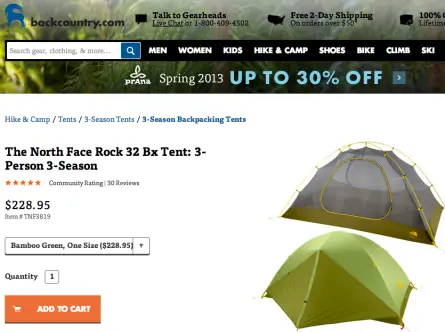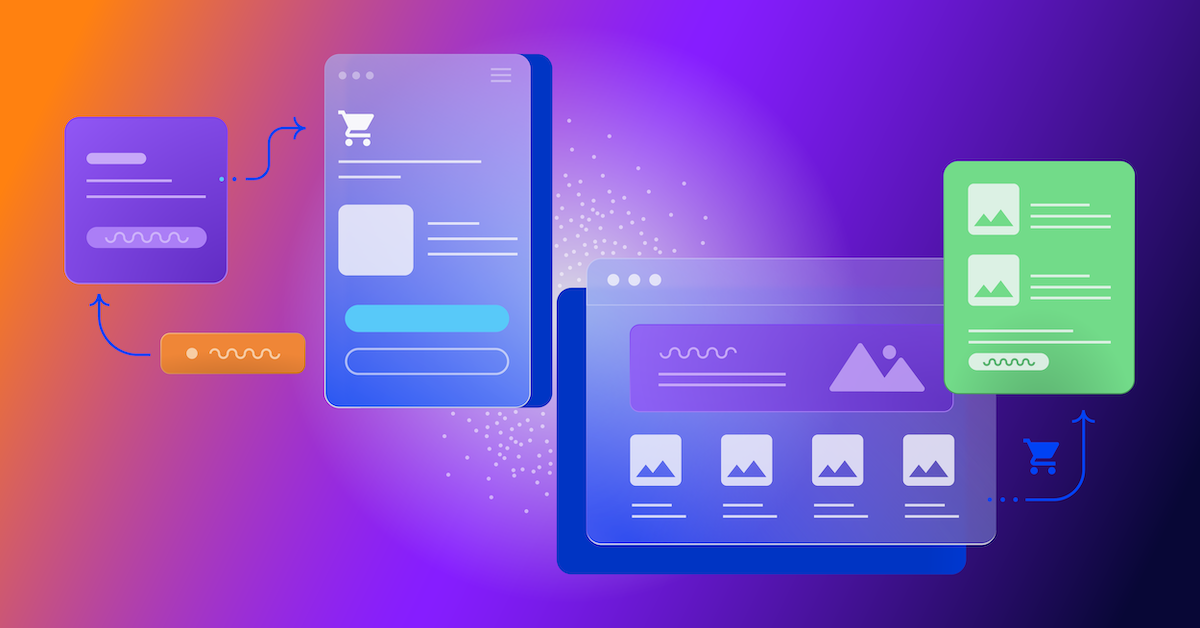Why the Marketplace Fairness Act Won’t Hurt Your Online Sales
The Senate is expected to pass a bill today that would require online retailers to collect state and local sales tax.

Robin Johnson

Some e-commerce sites, like eBay, argue this will remove the competitive advantage online retailers once held in offering lower prices than brick and mortar stores. Moral of the story: If you’re an e-commerce site or plan to ever make a purchase online, head for the hills! Prices are rising! It’s the death of online shopping! Just kidding. I’m here to convince you otherwise.
The Marketplace Fairness Act
If passed, the Marketplace Fairness Act (also referred to as the Internet sales tax bill) would allow states and local governments to require large Internet retailers and other “remote sellers” with sales over $1 million annually to collect sales taxes and send the revenue to the appropriate location. Under this plan, states will be required to provide free software to retailers to help them calculate and manage tax compliance.
Here’s how it would look in action: Let’s say I purchase a 3-person tent from Backcountry.com, an online retailer based in Utah, from the comfort of my San Francisco apartment. Under the Marketplace Fairness Act, Backcountry.com would be required to calculate and add sales tax to my final order. Since I’m based in San Francisco, Backcountry.com would charge California tax rates – that money would go directly to the state of California.
The Draw to Online Shopping
To quell any worries you have about how this bill would impact your e-commerce site, think about why people shop online in the first place. While the Marketplace Fairness Act might cause shoppers to see higher prices online than they’re used to, many of them will still opt for a browser window rather than a shopping aisle when they want to buy something. What makes the online experience different? People shop online for many reasons:
-
Cost: With the ubiquitousness of “daily deal” sites and online price bidding, plus no sales tax on most e-commerce websites, consumer can buy cheaper goods online than in the store. With the Marketplace Fairness Act, let’s assume cost is less of a differentiating factor.
-
Information: Reviews are a major benefit of online shopping. The ability to quickly read unbiased reviews from other people who have used the product is a great advantage compared to a brick and mortar store.

-
Convenience: People shop online because it’s faster, easier, cheaper, and less of a headache then making the trip to a physical store. I’d much rather buy a 3-person tent from the comfort of my home then trek to the store, hunt for the item in an infinite sea of aisles (filled with millions of important necessities I never realized I needed: miniature sno-cone maker…Barack Obama Chia Pet…Siamese Slanket…), and then wait in an endless checkout line.
-
Boredom: The Internet is always open for business. People will continue to browse through their favorite online stores regardless of the added cost of sales tax. If the browsing experience is effortless and continually leads shoppers to discover more items, shoppers will continue to check out.
The key to a successful e-commerce website is convenience. All you need to do to combat any hit your e-commerce site may take with the Internet sales tax bill, is create the best shopping experience possible that keeps people engaged and always “adding to cart”.
How Website Optimization Can Help
Compared to brick and mortar stores, online stores have a great opportunity to respond in real-time to user feedback that will make the online experience more successful. (For example, changing the flow of a product page can be easier than rearranging the setup of a big store.) Website optimization is a method all e-commerce stores can employ to build a user experience that makes shopping faster, easier, and more personalized than going to a brick and mortar store. A/B and multivariate testing are two ways to gather insight into behaviors of your site visitors and build experiences specifically tailored to the way they operate.
Put simply, not all shoppers are the same. I may be most interested in purchasing a tent for my upcoming camping trip, while my friend Cara would rather buy a new pair of hiking socks. In a brick and mortar store, retailers have to provide a 1-to-all experience. They can put socks at the front of the store to get a sale from Cara, but might lose a sale from me, after I become too frustrated trying to find the item I’m after.
That’s not the case online. A/B testing can help you provide a customized, 1-to-1 experience for customers visiting your site. Features like targeting and segmentation allow you to break site visitors into specific groups – based on factors like location, browser, cookies, site of entry, and more.
Knowing more about each customer can help you provide a customized user experience that helps shoppers find what they’re looking for faster. When customers can find what they’re looking for quickly and easily, they’re more likely to make a final purchase on your site.
So while an online sales tax may be imminent, rest assured. This is not the end of online shopping. Internet retailers can (and will) continue to be successful by offering a faster, simpler way to purchase goods. A/B testing tools can help them do just that by showing the right thing to the right person at the right time.

